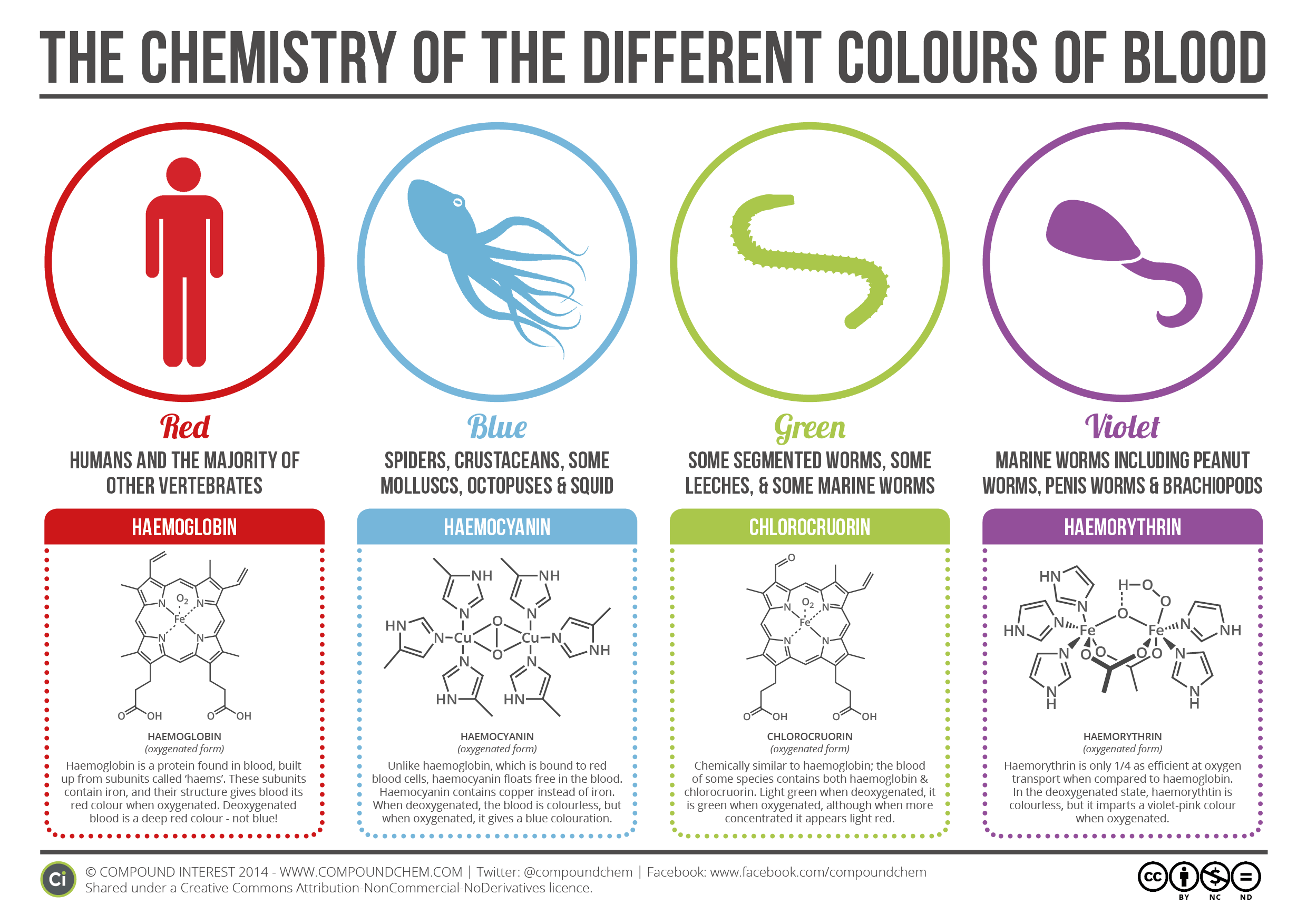

Money over religion, greed over family, violence over humanity. He lies outside history, and time, as a perpetual symbol of whatever the director is trying to say. It is that he has none, because he is simply not human. The problem is not that his motivation is unclear. Daniel Plainview is not a man, but a symbol. The main shortcoming of the film lies precisely, ironically so, in the grandiosity of its themes.
There will be blood meaning movie#
Not everything needs to be explained away in a movie and ellipsis is not necessarily a defective narrative mode (not to me, at least). Dano’s preacher and self-proclaimed healer obviously gets on Plainview’s nerves (he is also an impostor, but of a different kind), but is his treatment justified? Is it because he dared suggest that HW’s deafness was Daniel’s fault because he refused to let him bless the well before starting to drill?Įven so, the problem does not lie here. Is it his greed that made him so or the manic persecution of his goal to get rich is a result of his personality? The ferocious antagonism between Daniel Day Lewis’ and Paul Dano’s characters is also inexplicable. Why would he even take the stranger in? And why would he react by murdering the impostor upon discovering the truth? Plainview is set up as unhinged early on, but again there is no logic behind this. The introduction of Plainview’s supposed half-brother, the repeated questions posed by Daniel Day Lewis before he (or the camera) even come close to the stranger, the attempt of HW to set the ‘intruder’ on fire (along with his own father?) remain as enigmatic as the main character’s motivation. Despite its linearity (or because of it?), some of the episodes retain a surrealist quality, a sort of disjunction from the main body of the film. Women are conspicuous by their absence, and the brief episode with Mary Sunday, the sister of Paul Dano’s character (the girl ends up marrying HW in a wedding ceremony that seems to come from a different movie) is also of little consequence to the story. There is also little or no explanation for the double appearance of Paul Dano who, hypothetically, plays two identical twins, again with no obvious reason.

Its force was significantly lessened by the fact that I had recently watched the far superior Siberiade (1979) by Andrey Konchalovskiy, that featured a similar accident as its climax, an accident that seals the fate of its hero ( scored inimitably by Eduard Artemyev). The boy loses his hearing in an accident – a gas explosion that leads to a persistent oil well fire – in the most beautiful sequence of the movie. The boy, HW, is taken on with a dedication and stubborn tenderness (the most interesting relationship of the entire film and somewhat alien to its grand central themes) that lasts until he becomes “defective” (at least, that’s what one is led to assume by the subsequent behavior of Plainview). One of Plainview’s workers dies, his orphaned infant immediately adopted without explanation or obvious motivation from the main character. But something sets the film apart, for better or for worse.Īnderson manifests, apart from a highly evolved visual style, a disregard for reality (or realism). In a sense, it could have been any other period piece by any other filmmaker. In other cases, I would characterize it as hypnotic, but it never managed to draw me in, leaving me as a viewer on the margins of an experience that excluded me for the most part. The film was linearly constructed, narratively straightforward and rather slowly paced, but not to its detriment. I remained cold throughout the film, occasionally observing its beauty, but profoundly untouched by its themes. I did so with the same cold detachment that the director seems to reserve for his characters. It could be because of the subject (or the reputation of Daniel Day Lewis’ performance as Daniel Plainview) that I was really tempted to watch There Will Be Blood. So no one need to take what I’m about to say about There Will Be Blood seriously (consider that your disclaimer). I have never liked Paul Thomas Anderson’s films: I walked out of the cinema in the middle of Boogie Nights, I would not have made it through Sydney without Philip Baker Hall’s magnetic presence, and neither have nor intend to see Magnolia (although I somewhat enjoyed Punch-Drunk Love).


 0 kommentar(er)
0 kommentar(er)
